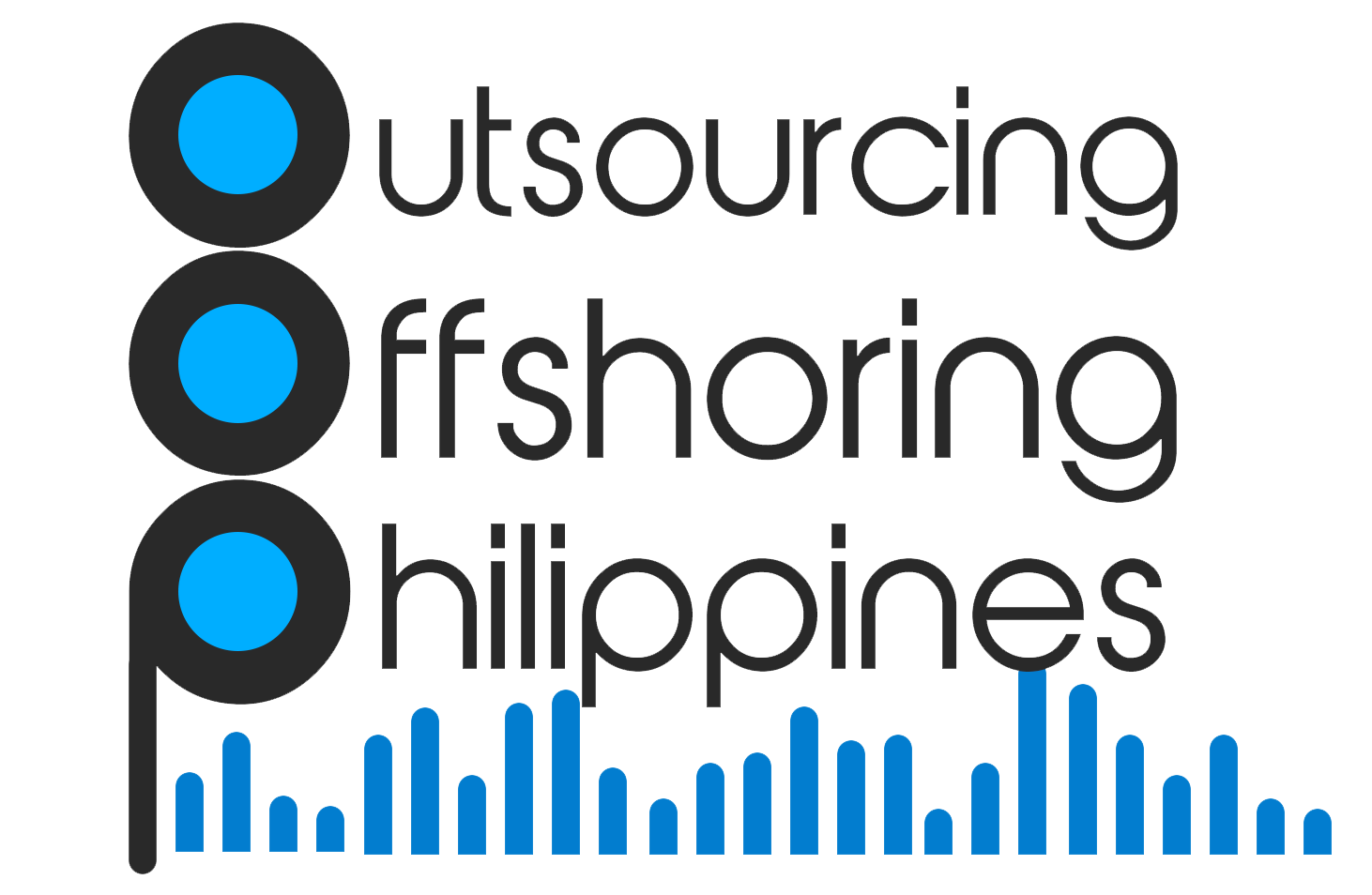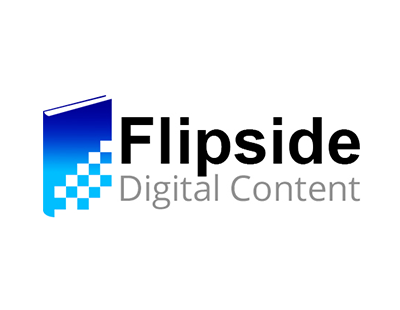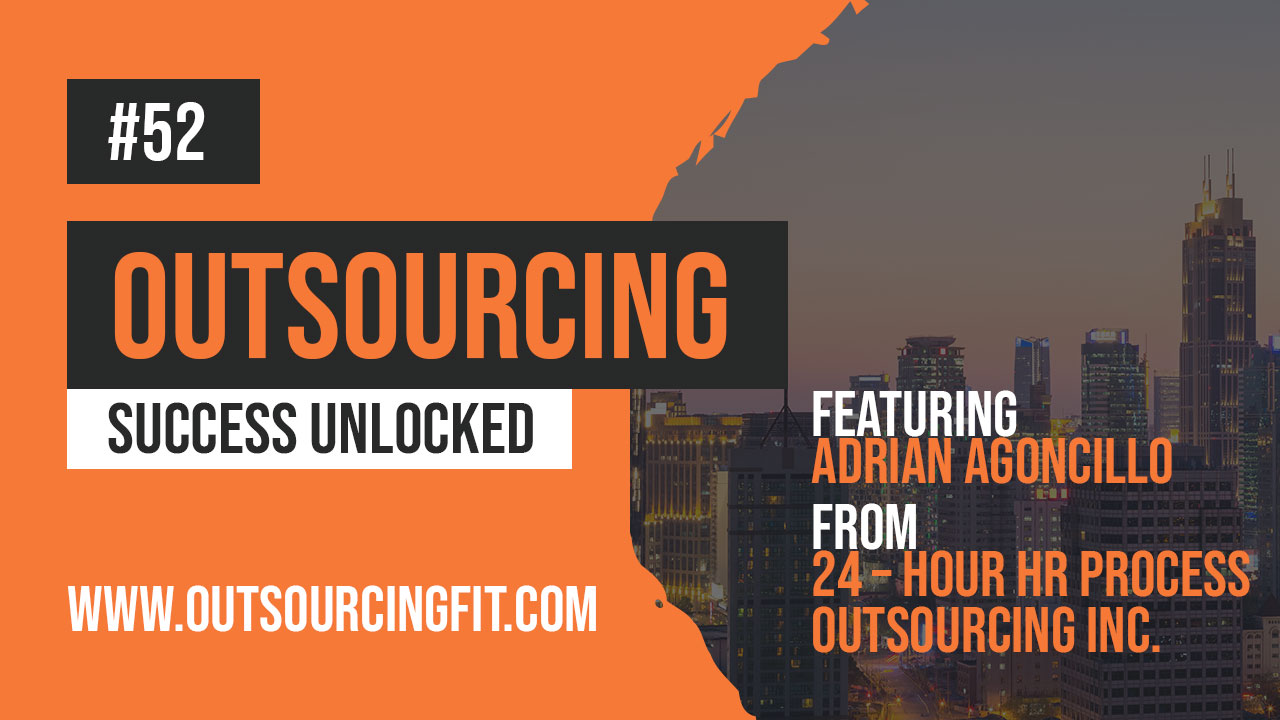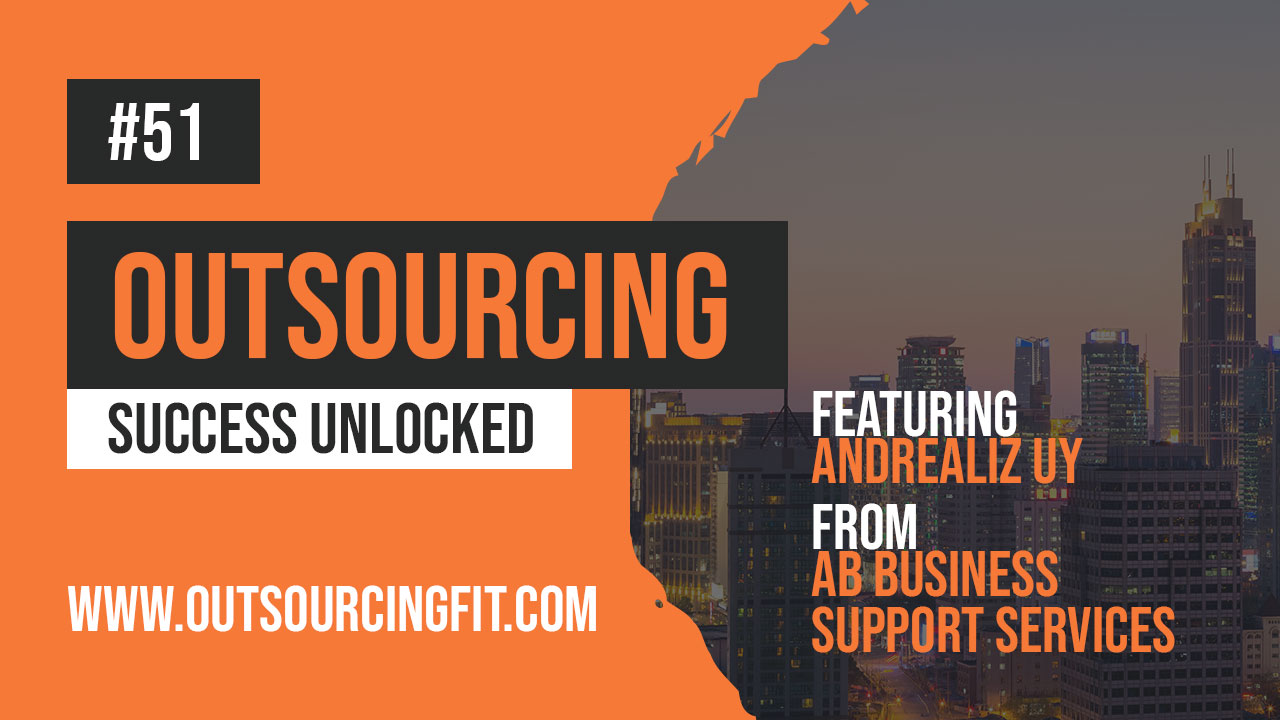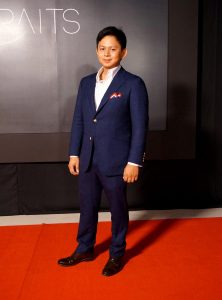 Guest: James Pacaba
Guest: James Pacaba
Presenter: Henry Acosta
Guest Bio: An experienced finance professional specializing in financial modelling and corporate valuation, he has participated in starting up and raising almost PHP 50 Million in seed capital and working capital for more than 10 startup ventures, the largest of which is Flipside Digital Content Company, Inc. a BPO with annual sales of more than PHP 100 Million. He concurrently sits on the board of directors and performs the CFO function. In his free time, he teaches Financial Management and Financial Intermediation classes at the De La Salle University, he is also a Mentor for the Entrepreneurial Management and Masters in Management Programs of the University of Asia and the Pacific. He is currently taking up his Masters degree in Financial Engineering, has passed level I of the Charted Financial Analyst Exam and is a Certified Associate Treasury Professional.
Segment overview: Flipside Digital Content is one of only 15 international conversion houses approved by Apple that converts physical content (like books) into digital content such as an eBook and PDF. They create online content and they also work with other digital publishers such as Pottermore, Simon and Schuster, Pan Macmillan, and Pillar and Francis. James Pacaba, Vice President and Chief Officer of Flipside Digital Content Company Inc. talks about their company and the quality services they offer.
Address: Unit 301-304, 3rd Floor, ICITE Building, Eastwood Avenue, Eastwood Cyberpark, Bagumbayan, Quezon City, 1109 Metro Manila
Contact Number: LOCAL (02) 570 9255
Website: http://flipsidecontent.com/
To know more about Flipside Digital Content Company Inc, listen to the podcast below.
The interview will start at the 35:15 mark of the podcast.
Transcript
Henry Acosta: You’re listening to the Outsourcing Offshoring Philippines podcast. I’m Henry Acosta, the host of the podcast and our guest today is the Founder and Director of Atalier Lumikha. They are a BPO firm found in Dumaguete City and they’ve been in operation since 2014. Our guest is Harry Fozzard, he’s joining us today to talk about Atalier Lumikha and a lot more. With all that said, thank you so much for coming to the show Harry and welcome.
Harry Fozzard: No problem. Happy to be here.
Henry: Can you tell us a little bit more about yourself and Atalier Lumikha?
Harry: Sure, I’m the Director at Atalier Lumikha. So within that, I have some pretty basic founder responsibilities I think that most founders have so I set the strategic direction for the company. I also handle the business development and the account management so that kind of makes us hands on but we’re fairly boutique operation, so that’s to be expected. And then I also work on a lot of the process and the learning to help kind of bring our guys up to speed and to make us more responsive to the companies we work for, as well as the people who are working with us to help develop their individual value proposition as they go out in the world after they leave the BPO industry.
Henry: Wow, that sounds awesome. About Atalier Lumikha, am I saying the name correctly? It’s a very unique name.
Harry: Yes. That’s “Atalier,” that’s a French term which refers to a “studio or a craft shop” and then “Lumikha” of course is the Tagalog and the assigned word for “to make” so that sets the tone for us in many ways.
Henry: So both names put together, it’s supposed to mean “to create?”
Harry: Yes, we’re a studio where we make things. I guess the studio concept goes to some of our ideas about apprenticeship and also to think about the BPO work, process-related work in a way that’s less process-oriented, kind of working from a different paradigm than the factory and kind of using the guilds of old as more of a way to think about what we do and how we develop people in it and that serves as well because we do reasonably sophisticated processes. So we need to imbue each of the folks that work with us with something a little extra.
Henry: You have a great name, I really like it. Can you tell us about the services that you offer as a BPO or outsourcing firm?
Harry: I mean this fall into two big buckets – marketing which includes a lot of deep dive work that starts with architecting, an online communication strategy and then executing that strategy all the way through collecting data from those communications where people give us their information to build lists. And then to again, feed that information back into email communication or blasts or social media. So our marketing tends to be the “full gambit” of online services from like I said, from the strategic plan all the way through executing on social media, website, other communication mechanisms that you find online to kind of break them out of the clutter. And then with that, to drive traffic to those sites and then collect data about possible people interested with the service that they provide. And then managing that data effectively so they can go out and use it for other things like I said, email campaigns and that sort of stuff. So we do a lot of that and that’s really where we see a lot of our growth. The other area that we do a fair amount of work in is Customer Service which is part of the marketing continuum but we don’t market it that way. I mean, anyone will tell you particularly in a high-growth organization that you’re after the value of the client once you’ve got them and that’s probably the easiest sell you’ll ever have is the guy you already have and the way to keep them is to provide a really good customer support. So we do a lot of that and that goes in a group with some of our marketing deep dive guys. And then we do some e-learning stuff but we mostly do that for ourselves, we do a fair amount of it. We do some for other clients who want to see what we do.
Henry: It seems to me that your main target clients are small to medium-sized enterprises. But have you ever taken on clients in the bigger end of the spectrum?
Harry: No. I mean, we’re kind of a midsized. So I’d say kind of annual run rate of somewhere between two and ten million dollars a year and it kind of varies. And we’ve got one or two enterprise clients that we’ve acquired but it’s not really the thrust of our marketing.
Henry: Awesome. So prospective clients, when you have people inquiring with you, those people who are new to outsourcing and such, what are the most common objections that they usually have when they inquire with you?
Harry: Well, objections. I think they just want to know that you’re ready to attack the program. Back in 2000-2001 when I started in the Philippines, you had to explain the Philippines to people. Now, that’s really not the case and particularly since we’re working, we have U.S. clients but our growth right now is in Singapore, Dubai and Australia. And those guys are relatively switched on to the idea of working with the Philippines because Singapore and Dubai, obviously there’s a big OFW presence there as well as they do a lot of work back and forth. And by OFW, I mean like creatives, videographers, other sorts of businesses that do a lot of different things that are a little bit higher up the sophistication ladder. And then Australia, I think their own internal economics and pay scale, they have driven a lot of work offshore particularly for startups and entrepreneurs that need to watch their spend for certain things like marketing and customer support.
Henry: Yes, that’s very true. Well for our listeners who are curious, how do you usually bill your clients? Do you have a system in place?
Harry: Well we sort of overhauled our billing structure and we’ve always done in our current incarnation, we’ve always done go forward billing. So basically, we prepay for an estimated block of hours based on what they require and then we deduct those hours essentially over the course of the month and then we true them up on the following month. So it’s really kind of how we do it, try and keep it very simple.
Henry: And you are in Dumaguete?
Harry: Correct.
Henry: Has your location ever affected your client and employee acquisition?
Harry: Well I don’t know that it really affects clients per se. From a staffing perspective, Dumaguete is a university city so we have a lot of talent that’s here kind of entering the job force and and we like that because we can sort of structure the way that they approach the work using our template versus receiving pre-existing staff. And so we kind of like to get guys straight out of school so that they can work for us and that tends to be just a really good time to be working with someone. They’re kind of still comfortable with learning and it just makes for a much more fun work environment. So it’s definitely caused us to think about our staffing model a little bit differently and we’re also wanting to get some sort of work deeply into the university program so that people are thinking about us when they’re exiting the school so as opposed to wherever that fork in the road is when you say, “Hey, I’m going to go to Cebu or Manila and go to the big city and make my name.” What we’re trying to do is get people who are highly qualified, the ambitious people to give us a couple of years, a couple three years here in Dumaguete, kind of enjoy the environment because it’s Dumaguete. If you ever been here, it’s a really great city both in terms of a lot of outdoor stuff to do – diving, hiking, biking, snorkeling. So there’s a lot just right in the area and then the city itself is kind of sophisticated based on the Anchor of Silliman and Foundation University in St. Paul so it’s got a really nice blend of tourism, nature and business here. So it’s good.
Henry: I’m sort of getting a picture of how the place looks like. For our listeners, can you give us a better description and can you tell us a little bit more about your location and offices?
Harry: Sure. In Dumaguete, there’s a main drag that’s sort of a walk along the bay. We’re at the the north end of that walk, sort of located in there. There’s not a lot of high rises in Dumaguete as you can imagine so we’re kind of docked in the big building at the north end near the pier. But I’m looking at the ocean right now and again that boardwalk right along there, I mean, in the morning and the evening, everyone knows, a lot of people get in there, walk for their health and everything else so you can have a quick run along there so that’s kind of nice. We’re right there, we’re right here, right on the water, right in the thick of Dumaguete, we’re about a block away from Silliman University. So we’re kind of right in the thick of it and then our offices are pretty straightforward BPO offices, we’ve got about 150 square meters. We’re expanding this year so we’ll probably double our capacity and we’ve got options on contiguous space for that. Other than that, we’re just going to bulk up this operation.
Henry: It sounds like when you have clients over, it sounds like a really good time for everyone.
Harry: Yes. I mean, in our scale, you don’t get a whole lot of folks over but we’ve noticed just by being in proximity to folks in Australia and in Singapore, we’ve started to get some traffic and people coming over and I think the part of it is they just like coming out here. It’s a really nice place to just spend a few days.
Henry: Are you planning on expanding outside of Dumaguete?
Harry: No. We’re in Dumaguete, we do have some clients in Manila and we have a couple of on-site employees that we employ out there. But we relocated to Dumaguete in 2014 specifically not to be in Manila so this is where we’re going to grow and we only see ourselves really growing up to about 100 seats, 150 seats. We’re not trying to get huge.
Henry: Wow. I’m sure at this point, there are a lot of people interested in talking to you already. Can you tell us the best way for them or for our listeners to get in touch with you?
Harry: Well they can reach out to us on Facebook at Atalier Lumikha. They can reach out to me at [email protected], my email address or they can just look us up online. I mean, it’s a pretty unique name.
Henry: Great and thanks for letting us know. I’m going to repeat that for our listeners one more time so they can catch that right, Harry’s email is [email protected]. Before we end the interview, can you leave our listeners a takeaway message from you and Atalier Lumikha?
Harry: Sure. Well like I said, we focus on the areas of customer service and marketing and we’ve gone pretty deep into that so we’re relatively focused. We’re a deep dive organization. We tend to retain our clients over the course of time. We have some clients who’ve been with us for 9-10 years before we moved to Dumaguete and rebranded. So we’re in it for the long haul with the clients. We do things a little bit differently, we’re very relentless about a few things and one is deployment by doing it right, the other is continuous improvement. That’s really where the program matches, after 90 days when you’re still continuing to develop and improve the program and draw the focus which is achieved. I guess the advantage over doing it in-house where things tend to plateau because folks are focused on a bunch of different stuff.
Henry: Awesome, that was a great message. I had fun having you on the show Harry and thank you so much. We appreciate the time.
Harry: Alright Henry, thanks a lot.
Henry: And that was Harry Fozzard. He is the Director at Atalier Lumikha. They are a BPO firm found in Dumaguete City and we have just finished talking about Atalier Lumikha and what they do and who they are. If you want to know more about them, please do visit their website at lumikha.co. And you’ve been listening to the Outsourcing and Offshoring Philippines podcast, your one-stop podcast to know more about the BPO industry in the Philippines. If you like what you’ve heard, you can find transcripts and archive and our audio at www.offshoring.com.ph. We are also on all major social media platforms so please do give us a like, follow and subscribe and we also have a YouTube channel where you can listen to our podcast. I’m Henry Acosta and this is the Outsourcing Offshoring Philippines podcast.
